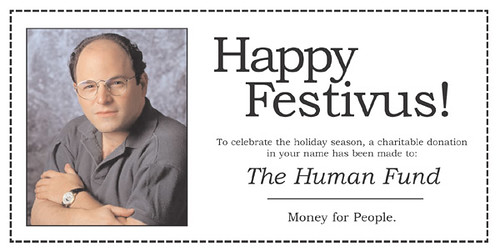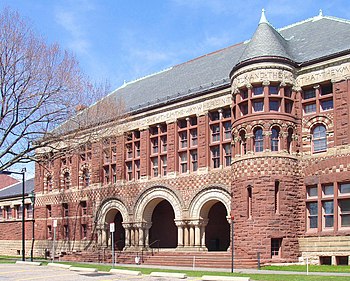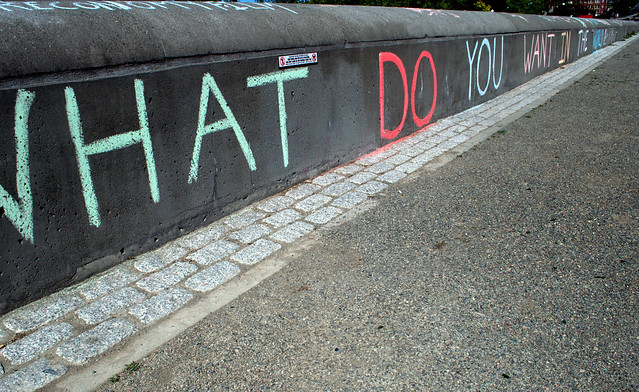| Michael Nugent (Photo credit: Wikipedia) |
- The violent rhetoric of Pope Francis and PZ Myers
- PZ Myers publicly hates and despises people, not merely their ideas or behaviour
- The hurtful and harmful smears of PZ Myers, “The Happy Atheist”
- “Do your belly dance.” “Get off my stage. I’ve got work to do.” What if PZ Myers judged others’ sexism as he judges himself?
- Chronology of misrepresentations and smears in the atheist movement by PZ Myers and others
Initially, it appeared that Nugent was simply seeking an apology from Myers for the claim that he was providing a haven for rapists on his blog. This struck me as a reasonable request but one with little chance of success. I suspect that Myers offered this characterization intentionally and that it was not something he would consider to be the sort of mistake that warranted an apology. Moreover, an apology doesn't mean much unless it is accompanied by a change in behavior. Whatever you and I might think of it, Myers' behavior has been working quite well for him for some time. As I said in a comment I left on Nugent's blog:
His regular readers are not looking for fair-minded rational behavior; they are seeking something else, and providing it has been quite lucrative for PZ.




























